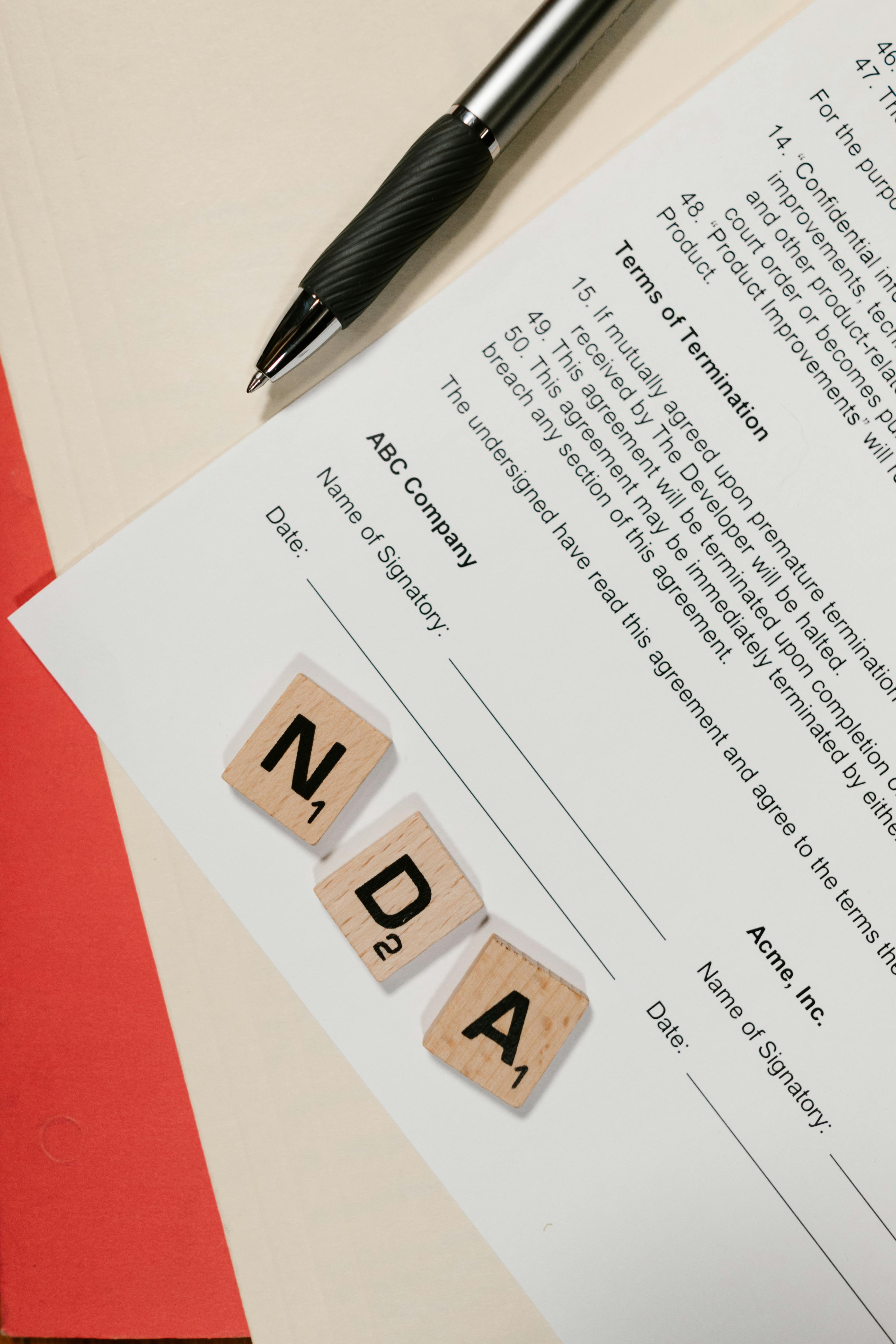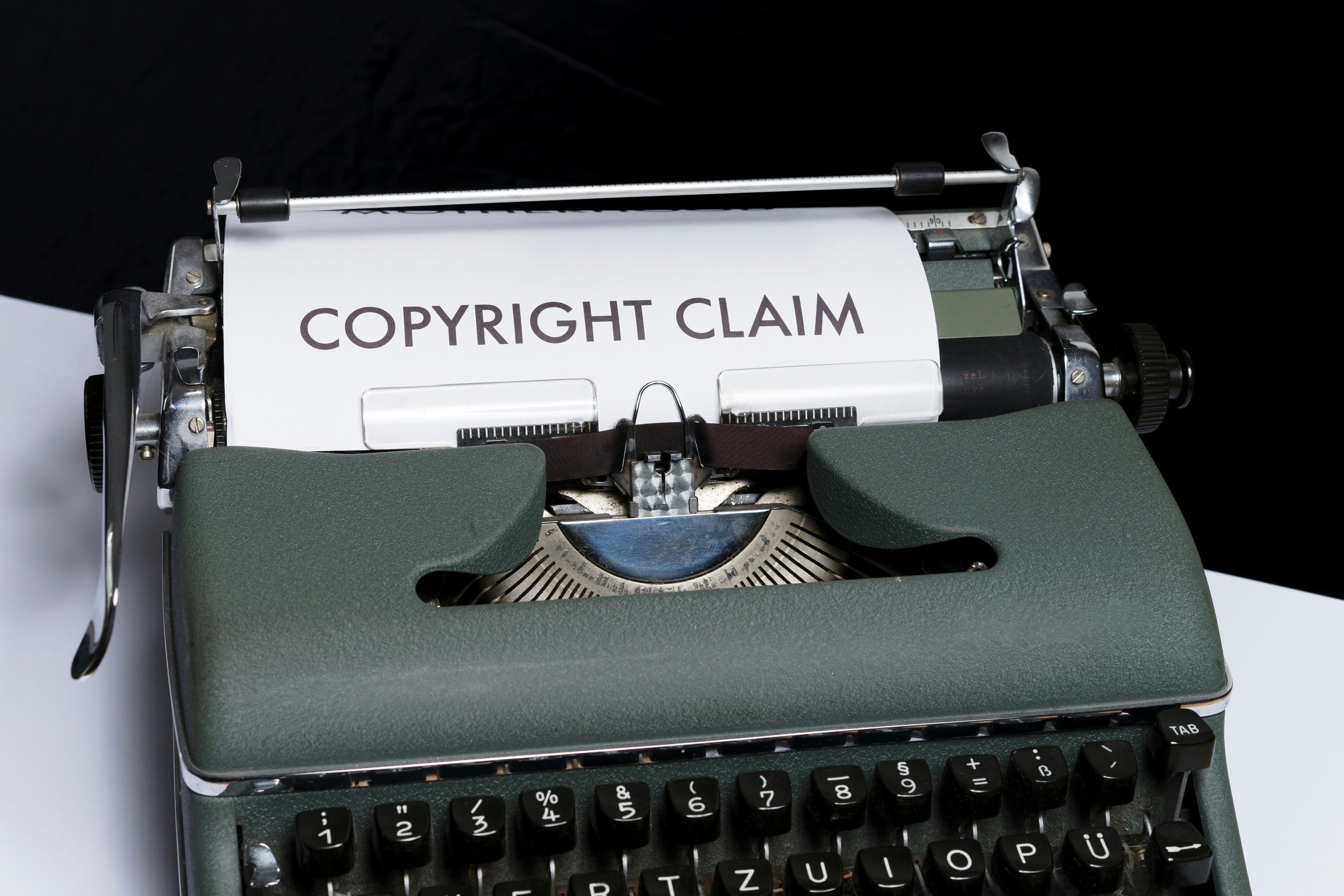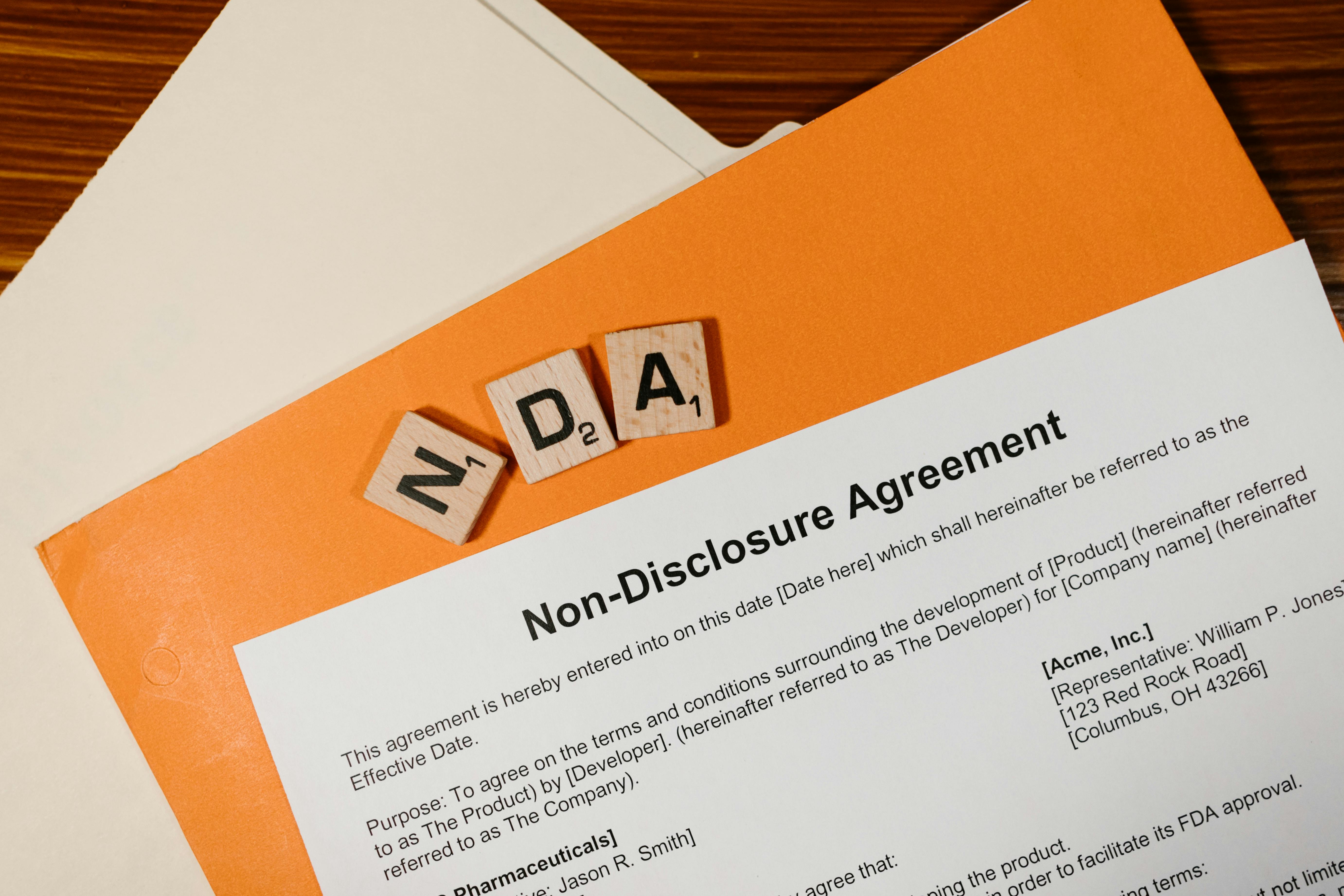One of the main reasons people set up a private limited company is to limit their liability for business debt. The principle of separate legal entity of a company means that the right and liability of a company are separate from those of its directors. However, that does not mean that directors are free to do whatever they want. This Q&A aims to identify the certain events where a director can be held personally liable for the business’s debt.
Directors’ duties under Hong Kong laws
Directors are in charge of the management of the company. They make operational decisions of the business and are responsible for making sure that the company will meet all its obligations. There are 3 major sources of law in Hong Kong which set out the duties and liabilities of directors:
- Common Law: This is where most of the director’s duties originated. It includes the duties to act in good faith, to avoid conflict of interest, to use power for proper purpose etc.
- The Company Ordinance (Cap.622): It specifies the duty of care, skill and diligence. In deciding whether a director has breached the duty, both the general knowledge expected of a director (the objective condition) and the specific skill and knowledge of that particular director (the subjective condition) must be considered.
- Other Hong Kong Legislation: There are also other legislations including the other Company Ordinance (Cap.32) which regulate the director’s conducts immediately before company’s liquidation. There is also the MPF scheme in Hong Kong which holds directors who fail to enroll employees in an MPF scheme liable.
To briefly summarize, here are some of the major directors’ duties in Hong Kong:
- Duty to act in good faith
- Duty conflict of interest
- Duty to exercise care, skill and due diligence
- Duty to use power for proper purpose
- Duty to obey the company’s law
- Duty not to delegate power except with proper authorization and exercise independent judgement
So, In what situations can a director be held personally liable?
However, a director can still be responsible for company’s liability in the following circumstances:
1. Personal Guarantee: If a director has given a personal guarantee for the company loan (which is very common particularly for bank loans), and if the company fails to make repayment plus interest when due, the director will assume personal liability to pay the outstanding amount. Check out our guide on What are “personal guarantees” and “bank guarantees”?
2. Breach of Director’s Duties: If a company suffers any loss as a result of its directors breaching their duties, the directors will become personally liable. Please see above for a list of director’s duties.
When a company is not able to repay its debt, the creditors will inevitably try to wind up the company. And if a director conducts the business in any of the following ways preceding the date of commencement of the winding up, the director might incur personal liability.
3. Unfair preference: Company should treat creditors fairly before a winding-up. An unfair preference occurs when:
- One creditor is paid in favor of other creditors before the company’s liquidation
- There is a subjective desire to produce the preferential effect, such desire is presumed if the preferred person is connected to the company*.
- Such preference is given 6 months (2 years in the case of a person connected to the company) before the commencement of liquidation
A director responsible for causing an unfair prejudice will be liable for misfeasance.
*A “person connected to the company” means the company’s directors and their spouse, company secretary, etc.
4. Undervalue transactions: An undervalue transaction occurs when:
- The company entered into a transaction at an undervalue (e.g. sending gift or transaction where the company receives no to little value) with no good faith.
- The company was insolvent at the time of the transaction or became insolvent as a consequence.
- Within 5 years immediately before the winding-up of the company, the company sells its assets much before true value.
A director responsible for causing an undervalue transaction will be liable for misfeasance.
5. Fraudulent trading: If in the course of a winding-up, a company conducts its business with the intent to defraud the company’s creditors. For example, fraudulent trading can mean taking excessive debt from a creditor when there is no reasonable prospect of the creditors receiving payment of their debts.
A director of the company who knows about such trading may be personally liable without limit for the debts or other liabilities of the company and even be imprisoned.
Key takeaway
- A company is separate from its directors because of the principle of separate legal entity, therefore, a director is not generally responsible to pay a company’s debt
- However, there are circumstances where directors might be liable for the company’s loan, including when a personal guarantee has been made or the director has breached its duties to the company.
- Directors might be personally liable if they use their power in the company to cause any unfair preference, or enter into any undervalue transactions or fraudulent trading before the winding up of the company.







